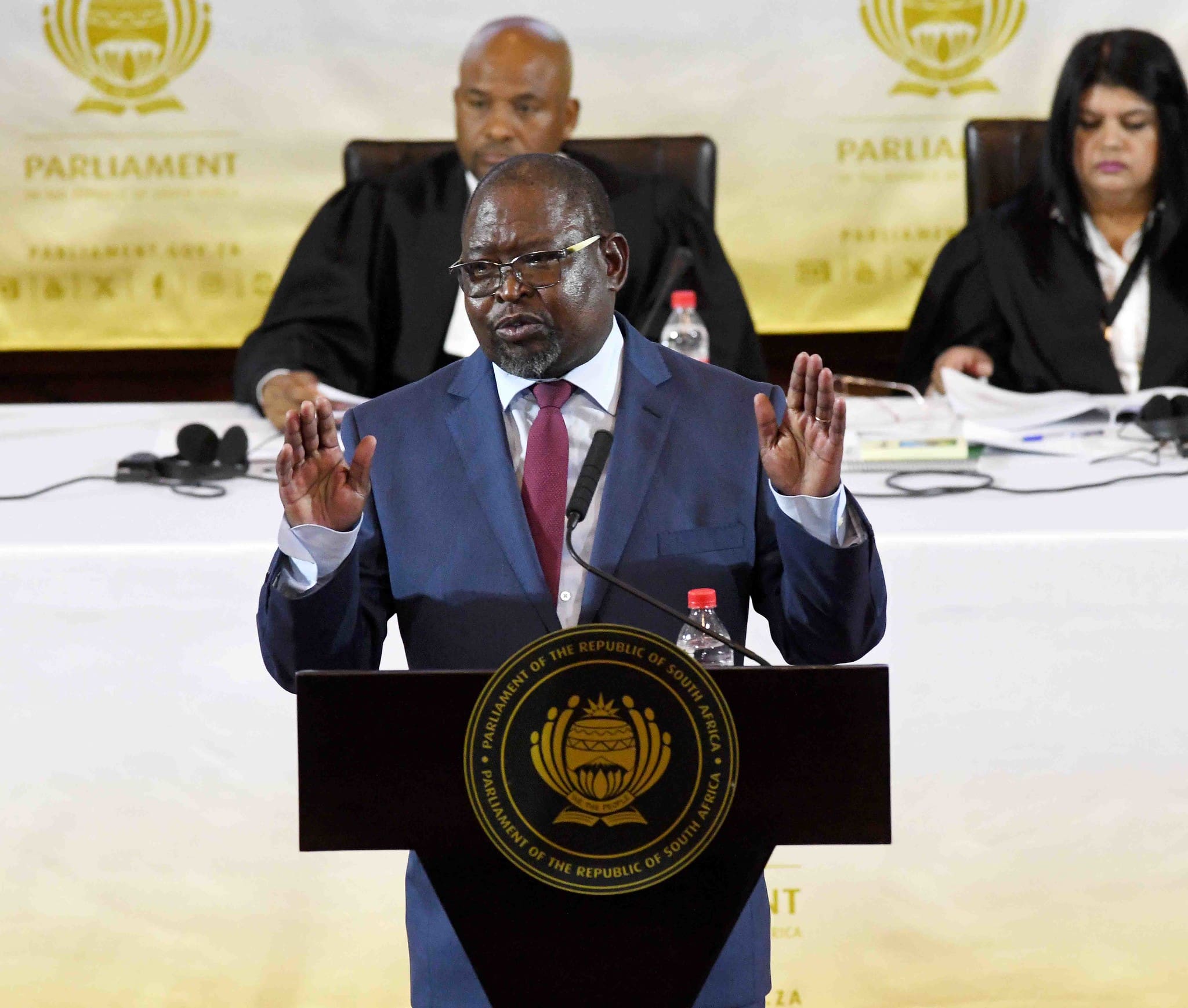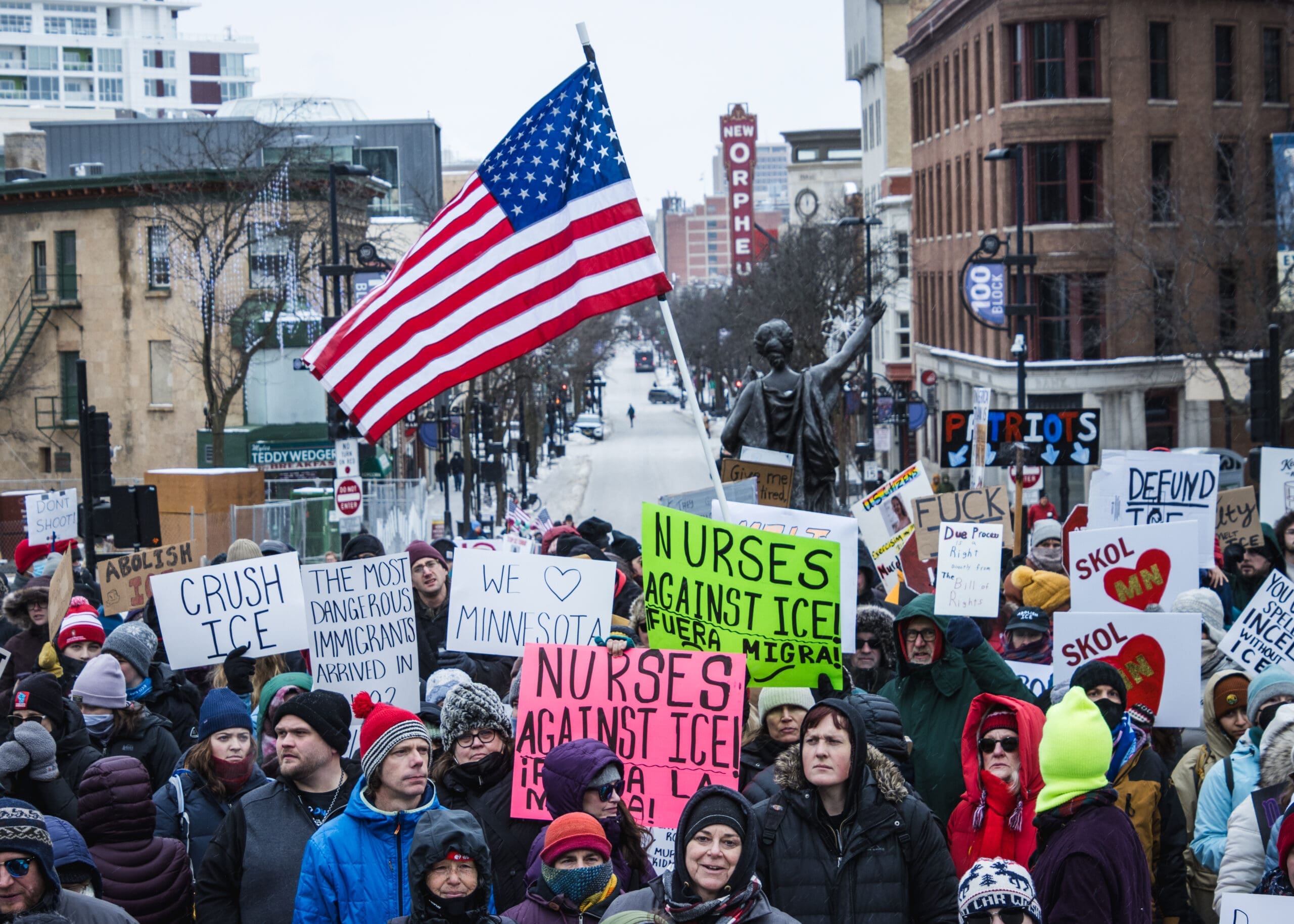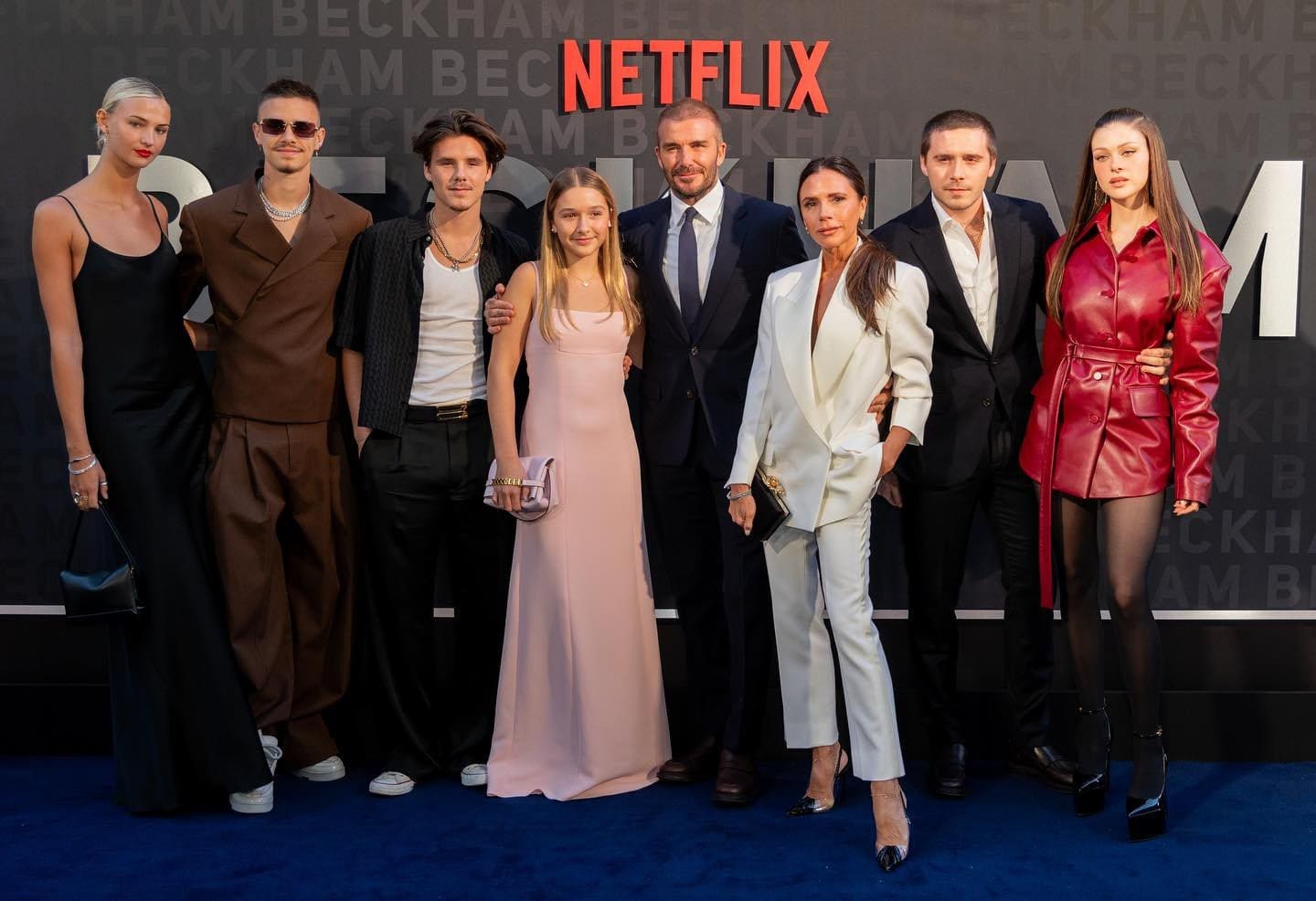When Finance Minister Enoch Godongwana finally delivered the 2025 National Budget Speech after a three-week delay over disagreements over a proposed 2% VAT increase, many wondered whether it would even pass Parliament. The political wrangling didn’t stop once the speech was over. Godongwana’s revised proposal included a 1% VAT hike over 2 years, but the budget still faced serious opposition from the Government of National Unity (GNU).
Weeks later, the fight over the budget has not only exposed deep ideological divisions but also tested the stability of the GNU itself. As Parliament gathered today, 2 April, to vote on the budget, parties are recovering from a dramatic round of negotiations leading up to this moment.
The Budget process in parliament
The budget process in South Africa is a structured cycle where government revenue and spending are planned, debated, and approved by Parliament. While the Minister of Finance presents the annual budget (albeit delayed this year), it is not a final decision but rather a proposal that undergoes extensive scrutiny, debate, and possible amendment before it is approved.
The budget is not a single document but rather a set of interrelated budget instruments that go through various parliamentary processes before becoming law. These include bills like the Fiscal Framework, the Division of Revenue Bill, and the Appropriation Bill, each of which is debated and voted on separately. Currently, the GNU is voting on its fiscal framework.
A coalition under pressure
The African National Congress’s (ANC) failure to secure an outright majority in the 2024 elections forced it into an uneasy alliance with multiple parties, forming the GNU. But the budget process has revealed just how fragile that coalition is. The ANC needed the backing of its main GNU partners, the Democratic Alliance (DA), Inkatha Freedom Party (IFP), and a few smaller parties to pass the budget. However, this was far from a straightforward task.
The EFF and MK Party refused to support the budget, slamming it as anti-poor and calling for a total overhaul of economic policy. The DA, on the other hand, used its leverage to extract concessions, insisting on stricter fiscal controls and more aggressive anti-corruption measures. However, negotiations between the ANC and DA deadlocked, prompting the ANC to look elsewhere for support.
In a surprising turn late Tuesday, ActionSA, a party outside of the coalition, stepped in to offer crucial backing, allowing the fiscal framework to pass a key finance committee vote. The party initially proposed approving the fiscal framework while vetoing the 0.5 percentage point VAT increase and allowing Godongwana time to find alternative revenue sources. However, procedural limitations forced ActionSA to reframe its proposal as a recommendation rather than an amendment. This subtle shift allowed the ANC to accept the recommendation while keeping the budget process moving forward.
Can the Budget pass without the DA’s support?
As it stands, the ANC needs at least some support from its GNU partners to secure enough votes to pass the budget as a whole through both houses of Parliament.
The GNU consists of 10 parties: the ANC, DA, IFP, Patriotic Alliance (PA), Pan African Congress (PAC), Freedom Front Plus (FF Plus), Rise Mzansi, United Democratic Movement (UDM), Al Jama-ah, and the Good Party.
Together, these parties hold 285 out of the 400 seats in Parliament.
The ANC is the largest party with 159 seats, followed by the DA with 87 and the IFP with 17.
Despite the GNU’s overall majority, passing the budget requires a simple majority of 201 votes.
Without the DA’s backing, the ANC would need to seek support elsewhere.
Parliament’s finance committees approve the fiscal framework
Late on Tuesday, 1 April, Parliament’s Standing Committee on Finance approved the fiscal framework, paving the way for a vote in the National Assembly today.
ActionSA’s intervention was critical after prolonged negotiations between the DA and the ANC over the VAT increase collapsed. DA finance spokesperson Mark Burke had attempted to push an amendment to force spending cuts instead of a VAT increase, but the proposal lost relevance once ActionSA secured enough support for the framework’s passage.
The agreement states that the Treasury must present alternative revenue proposals within 30 days to offset the R28 billion shortfall, effectively suspending the proposed VAT increase and preventing tax bracket creep. The ANC, IFP and Rise Mzansi backed the framework, while the DA condemned the move as a “sell-out” that bypassed GNU negotiations.
The DA had previously been willing to accept a VAT increase, but only if it was coupled with a full review of state spending, an amendment to the Expropriation Act, and a commitment to collective decision-making on fiscal policy. Instead, the ANC struck a deal with Rise Mzansi to conduct a six-month spending review under Parliament’s public accounts watchdog, chaired by party leader Songezo Zibi. In return, Rise Mzansi pledged to support the budget in the final vote.
As South Africa’s 2025 National Budget journey continues, the political theatre surrounding it is far from over. What was initially seen as a routine fiscal proposal has morphed into a dramatic showdown that underscores the growing tensions within the fragile coalition government. The budget’s passage may still be in question, but one thing is clear: the balance of power within the GNU is shifting, and with each new negotiation, we see just how volatile this alliance can be.
Emma is a freshly graduated Journalist from Stellenbosch University, who also holds an Honours in history. She joined the explain team, eager to provide thorough and truthful information and connect with her generation.




